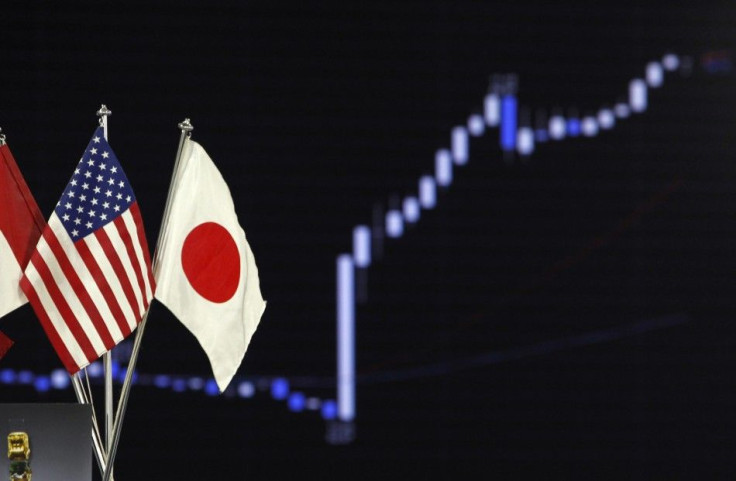Japanese-Americans watch, worry and wait

Japanese and Japanese-Americans across the U.S. are mobilizing to send help to their homeland after the unspeakable damage wreaked by one of the worst earthquakes and tsunamis in history.
Meanwhile, frustration is growing among U.S. Japanese over jammed phone lines and conflicting and confusing information from the Tokyo government over the extent of radiation leakage from the damaged nuclear power plants in the northeastern part of the nation.
While Japanese-Americans are no longer the dominant Asian ethnic group in the U.S., there are large and long-established communities on the west coast and in Hawaii.
There are at least 1.2-million people in the U.S. of Japanese descent.
In San Francisco’s Japantown anxious people gathered around television sets watching Japanese news reports on the mounting crisis there.
“I think people are still waiting to see really the true devastation of this,” Paul Osaki, Executive Director, Japanese Cultural and Community Center, told National Public Radio.
“I mean, thousands are missing right now. And so I think it's going to take time to settle in.”
Chicago also has a large Japanese-American population.
This is the time when you really appreciate this kind of community, the ability to come together and be with everyone who is affected, said Midwest Buddhist Temple board member Kiku Taura, according to local Chicago media.
Chicago resident Joanne Tohei worries about her son in Japan.
Because he lives in Fukushima, which is the city where the nuclear reactors are, does he have to evacuate, she said, according to Chicago media.
And where can he go with the transportation system down, the roads are clogged, so he can't drive anywhere. He's just praying to see what the outcome will be.
Los Angeles is home to at least 100,000 people of Japanese descent.
Earthquakes are part of the Japanese culture. We are trained very early to react to them properly and not panic. But something like a 9.0 is beyond human comprehension, said Kei Akagi, a college music professor and a native of Sendai, according to KABC TV network.
I managed to contact my sister a few hours ago. Telephone communication was very spotty there. I don't know what happened to some of my other relatives in the area.”
The Christian Broadcasting Network reported that Japanese-Americans gathered at a prayer service at United Methodist Church for victims of the earthquake. Rev. Gary Oba, the church's pastor, said the tragedy has been so overwhelming in scope that people feel helpless in the face of it. There's a need to be around other people who have the same kind of sympathies.
Los Angeles-based Shige Higashi told the press: “this is really serious, the worst disaster in Japanese history. This is a really big obstacle for the Japanese people to overcome, and it will take years. They can do it, of course. But they need our moral support.”
Members of the Orange County Buddhist Church in Anaheim, California scramble for information on the quake and family members.
There's a lot of sadness for those affected and who may have lost their lives, said the Rev. Akio Miyaji, pastor at the Buddhist Church, according to local media.
Personally, I am praying for all of them.
© Copyright IBTimes 2024. All rights reserved.




















